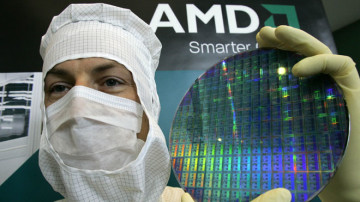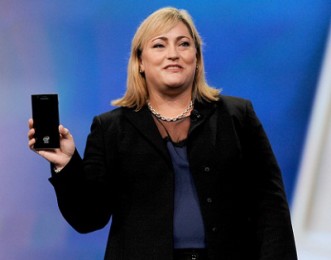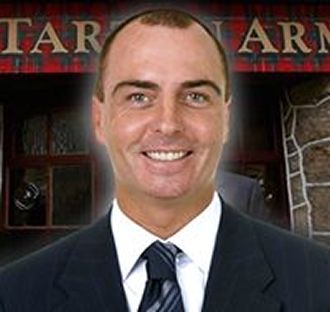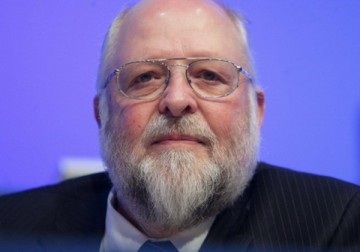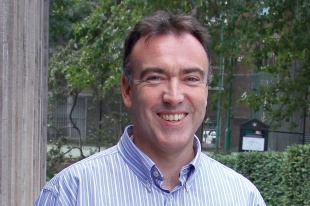 Redcentric has announced chief operating officer Fraser Fisher has been appointed as the companies CEO replacing Tony Weaver who will be a non-executive director.
Redcentric has announced chief operating officer Fraser Fisher has been appointed as the companies CEO replacing Tony Weaver who will be a non-executive director.
Weaver has been the CEO of Redcentric since 2013 when it was created by combining parts of Redstone and Maxima. Fisher gets the keys to the executive drinks cabinet in November.
Coincidentally this is when the outfit is expected to announce its results. However it does not appear that these will be bad.
Chris Cole, chairman of Redcentric, said he was happy with the company’s position.
“Redcentric is trading strongly,” he said. “The high level of recurring revenue, increasing traction in the £1m-plus contract market, and the successful integration of Calyx all combine to give the board confidence in the company’s prospects.
Fisher previously worked with Weaver at Redstone, where he was managing director, before the Redcentric demerger.
In April Redcentric acquired Calyx MS from MXC Capital for £12m and the firm said the integration “has progressed to plan”.
“The financial benefits of the acquisition will be felt in full in the second half of the year,” a statement said.
“I will be delighted to welcome Fisher as our new CEO. Fraser has a wealth of operational experience and has already made a significant contribution to the business.
